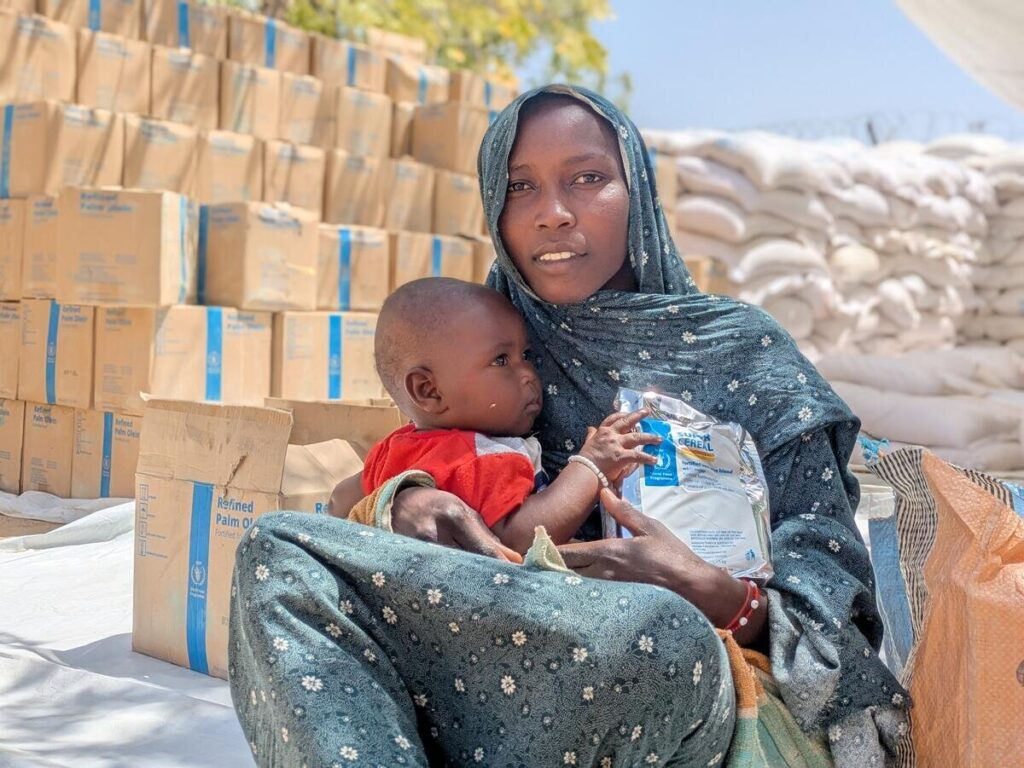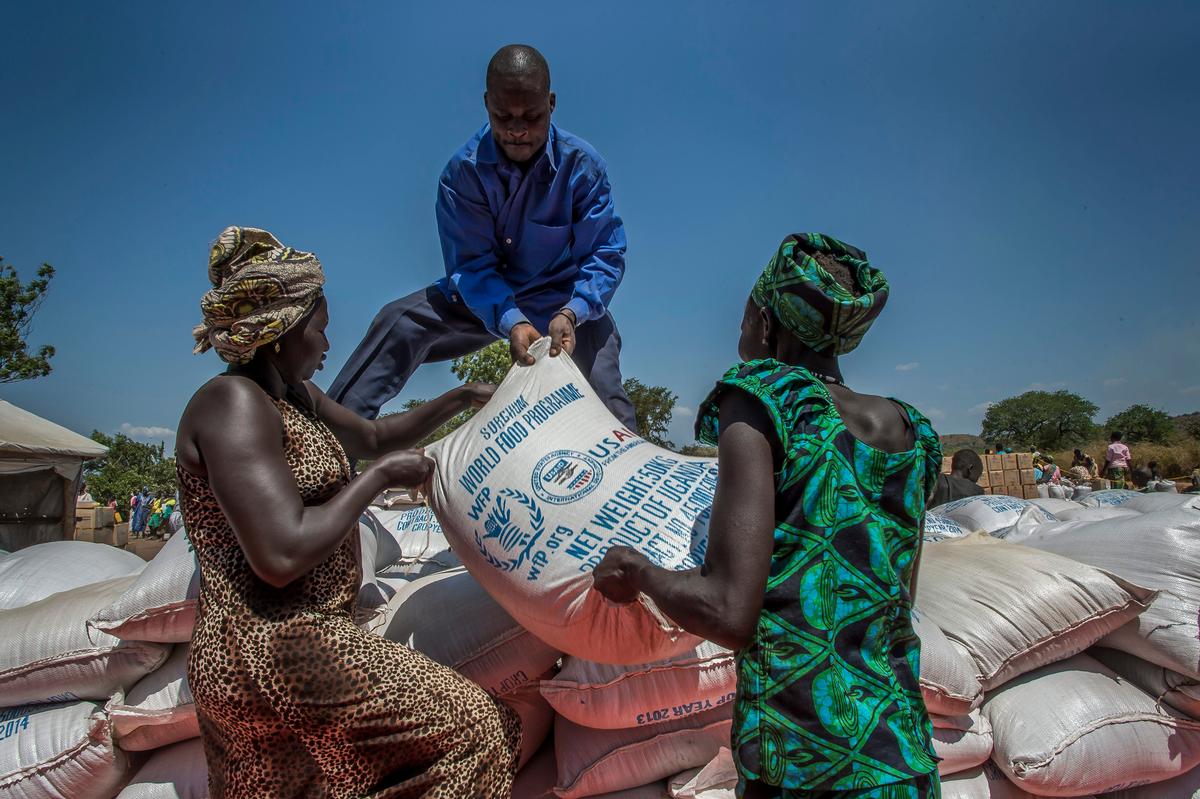The United Nations World Food Programme (WFP) has issued a dire warning over worsening hunger across West and Central Africa, as the number of people facing food insecurity reaches record levels.
According to the agency, over 36 million individuals in the region are currently struggling to access enough food—a figure that could surge to 52 million during the lean season between harvests this summer.
The WFP blamed the crisis on ongoing conflict, large-scale displacement, worsening economic conditions, and increasingly frequent extreme weather events.
“This region is being pushed toward emergency hunger levels due to a combination of persistent instability, economic hardship, and climate-related disasters,” the WFP said in a statement on Friday, May 9, 2025.

The warning follows earlier concerns expressed by the agency in March, when it described the situation as an “unprecedented crisis” and revealed a 40% reduction in its projected funding for 2025.
Cuts in foreign aid—particularly the suspension of USAID programmes following Donald Trump’s return to the US presidency, alongside reductions by other Western nations—have compounded the problem.
The WFP announced last month it would need to slash its global workforce by 25 to 30 per cent. It also cautioned that five million people in the region could lose food assistance entirely unless emergency funding is secured soon.
“We are at a tipping point, and millions of lives are at stake,” said Margot van der Velden, WFP’s regional director for West and Central Africa. “Without immediate financial support, we’ll be forced to reduce both the number of people we can help and the quantity of food we can provide.”


 Trending
Trending 